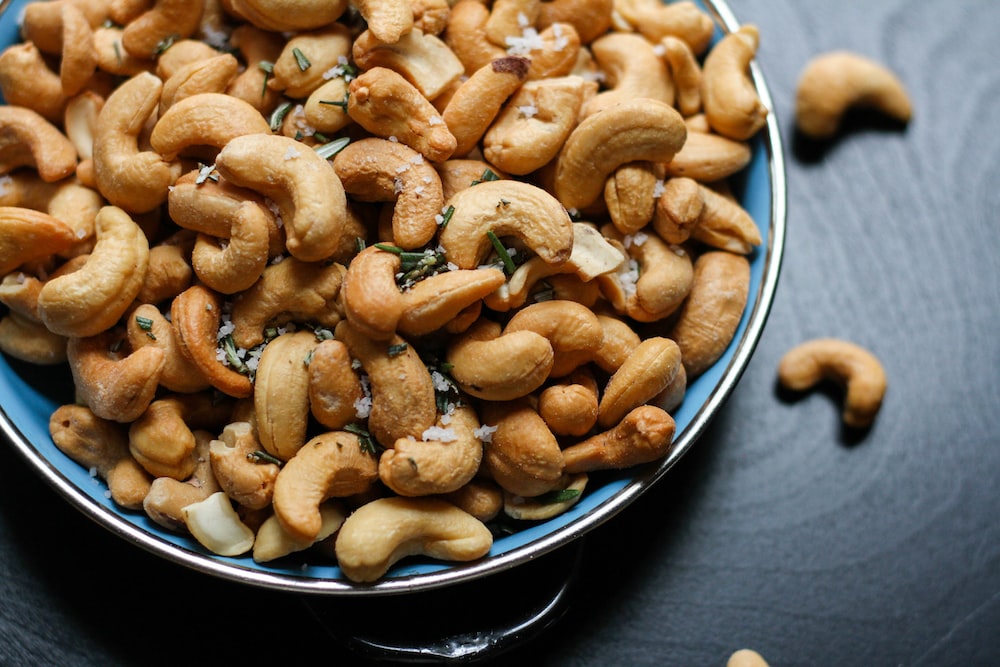Can dogs eat oranges? The answer is yes, but there are a few things you should know before feeding your dog this juicy fruit. Oranges are a good source of vitamins and minerals, but they also contain a sugar called fructose. Too much fructose can cause digestive problems for dogs, so it’s important to feed them oranges in moderation. You should also remove the seeds and the white pith from the oranges before feeding them to your dog, as these can cause intestinal blockages. If you’re looking for a healthy and delicious treat for your dog, oranges are a great option. Just be sure to feed them in moderation and remove the seeds and pith before giving them to your pup.
Can Dogs Eat Oranges?
Dogs can eat oranges, but they should only consume them in moderation. Oranges are a good source of vitamins and minerals, but they also contain a sugar called fructose. Too much fructose can cause digestive problems for dogs, so it’s important to feed them oranges in moderation. Dogs have different nutritional needs than humans or cats, so it’s important to know what those are. Unlike us, dogs are unable to break down the fiber in oranges. This can lead to the formation of too many gas-producing bacteria in their intestines. Dogs also have very little vitamin A, an essential nutrient found in oranges. Dogs convert this vitamin to retinol, which is necessary for healthy skin and eye health. Vitamin A is also helpful in reducing the risk of cancers like osteosarcoma and fibrosarcoma.
The Benefits of Oranges for Dogs
Oranges are rich in vitamin C and other antioxidants that can support a dog’s immune system and help prevent the signs of aging. Vitamin C is also known for boosting a dog’s mood and reducing stress and anxiety. Oranges are also a good source of folate, a B vitamin important for pregnant and nursing dogs. Folate can also help prevent heart disease and reduce blood pressure.
The Risks of Feeding Oranges to Dogs
While oranges are rich in healthy vitamins and minerals, they also contain a lot of sugar. Too much sugar can cause health problems, including obesity, diabetes, and tooth decay. Oranges also contain a lot of fiber, which can lead to too many gas-producing bacteria in a dog’s digestive tract. This may cause excessive amounts of gas, abdominal discomfort, and increased flatulence. Dogs also don’t need as much vitamin A as humans do, so too much orange consumption can lead to vitamin toxicity. This can lead to symptoms like fatigue, joint pain, and dry skin.
How to Feed Oranges to Dogs
Before giving your dog oranges, you should make sure they are organically grown. This will ensure they don’t contain any pesticides or other harmful chemicals. You should also wash the oranges before feeding them to your dog, as sprays and waxes used to ripen oranges are not good for them. Dogs can eat both the peel and the flesh of oranges, but be sure to remove the seeds and the pith. The pith is the white part of the rind, and it can lead to intestinal blockages if it is not removed. If you are unsure about what to do, you can always ask your vet! Dogs should only eat one orange per week, as too much orange can cause vitamin toxicity. Your dog should consume about 100 grams (about 1/3 of an orange) per week.
How Much of an Orange Can Dogs Eat?
Dogs should only eat one orange per week, as too much orange can cause vitamin toxicity. Your dog should consume about 100 grams (about 1/3 of an orange) per week. That’s about 25 calories, which shouldn’t make your dog gain too much weight. If you want to feed your dog oranges daily, you should consider mixing it with other foods. You can chop the orange and mix it into your dog’s wet food, or you can serve it as a snack. You can also freeze the orange and make a DIY treat for your dog.
Orange Recipes for Dogs
There are plenty of recipes that include oranges, such as orange and almond cake, orange and cinnamon muffins, and orange poppyseed bread. You can also add orange zest to yogurt, oatmeal, and baked goods. Click here for a few recipe ideas!
Can Dogs Eat Orange Peels?
Yes, dogs can eat orange peels. Orange peels are actually a great source of fiber and vitamins for dogs. They are also low in calories, so your dog can enjoy a few every now and then without gaining weight. However, make sure you feed your dog a fresh orange peel, not an old one. Old orange peels contain high amounts of tannins, which can cause gastrointestinal issues in dogs.
Can Dogs of All Sizes and Breeds Eat Oranges?
Small dogs, large dogs, and all breeds can eat oranges, but they should only consume one per week. Big dogs should stick to one small orange, while smaller dogs can eat half an orange. While it is safe for all dogs to eat oranges, certain dogs may be more sensitive to the sugar and vitamin content. These breeds may want to avoid oranges: German Shepherds, Bloodhounds, Beagles, Labrador Retrievers, Jack Russell Terriers, and Cocker Spaniels.
Can Dogs Have Other Types of Citrus?
Yes, but they should eat it in moderation. Large dogs can consume two to three oranges per week, while smaller dogs can eat one orange per week. Larger dogs should avoid grapefruit, as it contains higher amounts of fructose than oranges. Smaller dogs can eat grapefruit, but they should only feed it to them once a week. Larger dogs can also eat tangerines, clementines, and other types of citrus. However, be careful not to overfeed your dog these fruits, as too many can cause gastrointestinal issues.
Conclusion
Dogs can eat oranges, but they should only eat one per week, as too much will cause vitamin toxicity. Before feeding your dog oranges, you should make sure they are organically grown and wash them before serving them. Dogs can eat oranges whole, or you can chop them up and mix them into your dog’s food. Additionally, dogs can eat orange peels, but only if they are fresh. Orange is a healthy and nutritious snack for dogs and can provide them with many vitamins and minerals. Just make sure to feed them in moderation and remove the seeds and pith before giving them to your pup.





